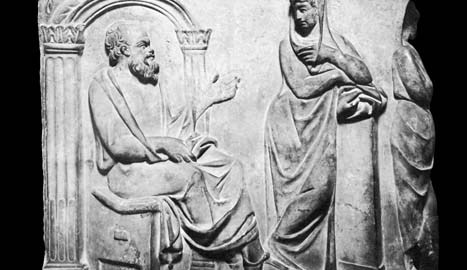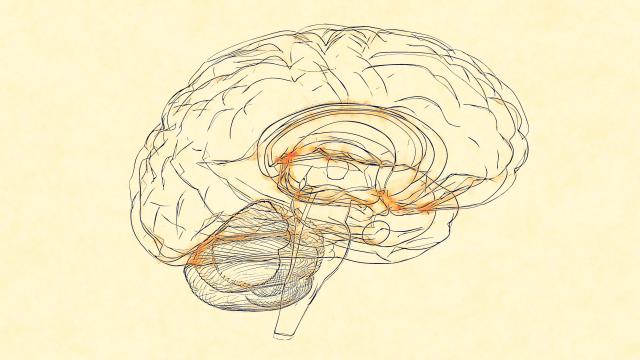Intellectual Self-Help for Humanists

So if you want to read a really thoughtful and combative commencement speech, here’s Leon Wieseltier’s (the literary editor of the New Republic) deep and inspiring intellectual defense of the humanities against scientism and technologism. I’ll leave it to you to read the speech. It’s short, after all.
Let me just offer a five-point self-help program for beleagured humanists based on Wielseltier’s beautiful concluding paragraph:
1. “Keep your head.” Don’t let anger or other self-indulgent emotion keep you from thinking clearly. Don’t think for a moment that you’re about the “heart” and scientists are about the “head.” Philosophy, science, and literature are modes of knowing. Any scientist who doesn’t fall prey to the ideology of scientism must acknowledge that what you know eludes his method and should be beyond the scope of his inquiry.
2. “Be very proud.” What we really know supports our proud claim to be the beings open to the truth and both capable of and required to act responsibly in light of what really know. The articulation of our reasoned pride has always belonged to the humanities. Be proud of your defense of pride, of the true dignity of the human person.
3. “Use new technologies of the old purposes.” Technology is merely a how, and it doesn’t transform what really know about who we are and what we’re supposed to do at all. Technology isn’t good or evil. It’s useful. Technologies make our lives better in many ways, but they need not be as fundamentally disruptive or transformative as some say. Technology unguided by the old purposes—the good, the true, and the beautiful—can, of course, make our lives worse and even threaten the very future of human freedom and dignity.
4. “Do not be rattled by numbers, which will never be the springs of wisdom.” Again, keep your head, put quantitative data in its place. It too is useful. But doesn’t replace Plato or Shakespeare or Pascal; it can’t express what they know in some different and more precise form. Professors especially: Resist the scientism that suggests that what you do can be captured or validated by “measurable competencies” and “quantitative assessment.”
5. Remember that “as long as we are thinking and feeling creatures, creatures who love and imagine and suffer and die, the humanities will never be dispensable.” Think and act with the seriousness of purpose and responsibility of someone making an indispensable contribution to understanding the predicament in which each one of us is really placed. Don’t try to justify what you do according to the ideological standards of technologism and scientism. It should be obvious to any reasonable person, after all, how degrading and often ridiculous those crudely reductionistic standards really are.





